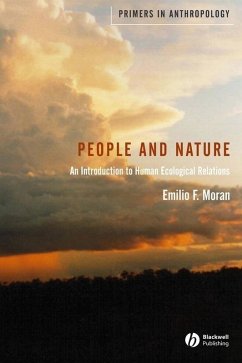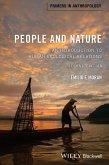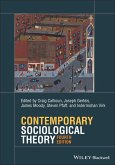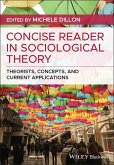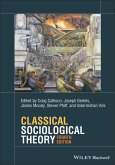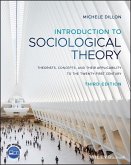Dieser Download kann aus rechtlichen Gründen nur mit Rechnungsadresse in A, B, BG, CY, CZ, D, DK, EW, E, FIN, F, GR, HR, H, IRL, I, LT, L, LR, M, NL, PL, P, R, S, SLO, SK ausgeliefert werden.
"An anthropological reader on social movements is a welcomecontribution to a synthesis and analysis of this interest." (TheJournal of the Royal Anthropological Institute, June 2008)
"The aim [of the book] ... Is to offer a lively overview ona traditional area of anthropological study, an aim which Moran'sbook no doubt accomplishes." (European Association of SocialAnthropologists, 2007)
"Moran...provides a primer of the field for beginning students,covering current environmental problems from an anthropologicalperspective and looking to hunter-gatherers, early farmers, andother ancient and traditional peoples for comparison. Students canlearn what they can do to make the world simpler and better.Recommended for libraries serving high school and undergraduatestudents, and anyone interested in living more wisely."(Choice)
"Those among us who would like to better understand theintricate interaction between knowledge on environmental issues andsocietal reactions will most definitely profit from this littlebook, which can be whole heartedly recommended." (EnvironmentalGeology)
"The major themes of People and Nature provide a menurich enough to satisfy any beginning student of ecologicalanthropology." (BioScience)
"People and Nature is the first volume published withinthe series titled Primers in Anthropology. The aim of theseries is to offer a lively overview on a traditional area ofanthropological study, an aim which Moran's book no doubtaccomplishes." (Journal of Social Anthropology)"We need more books like this! Moran provides a wonderfullyaccessible and compelling introduction to the greatest issue of ourtimes. This book is required reading to understand theall-too-human dimension of the environmental crisis and why thereis real hope for recovery."
-Tom Lovejoy, The H. John Heinz III Center for Science,Economics and the Environment
"Vintage Emilio Moran! A highly readable, well groundedand insightful stock- taking of human environmentalrelations--a perspective that will be highly valued by bothstudents and others concerned with an enlightened view of how ourspecies manages or mismanages its habitat."
-Daniel G. Bates, Hunter College, CUNY, and Editor, HumanEcology
"In this original and thoughtful book, Moran leads readersfrom the past history of human interactions with natural ecosystemsthrough the present crisis of environmental sustainability and intothe future, noting serious challenges, and positive trends aswell."
-Ben Orlove, University of California Davis, and Editor,Current Anthropology

